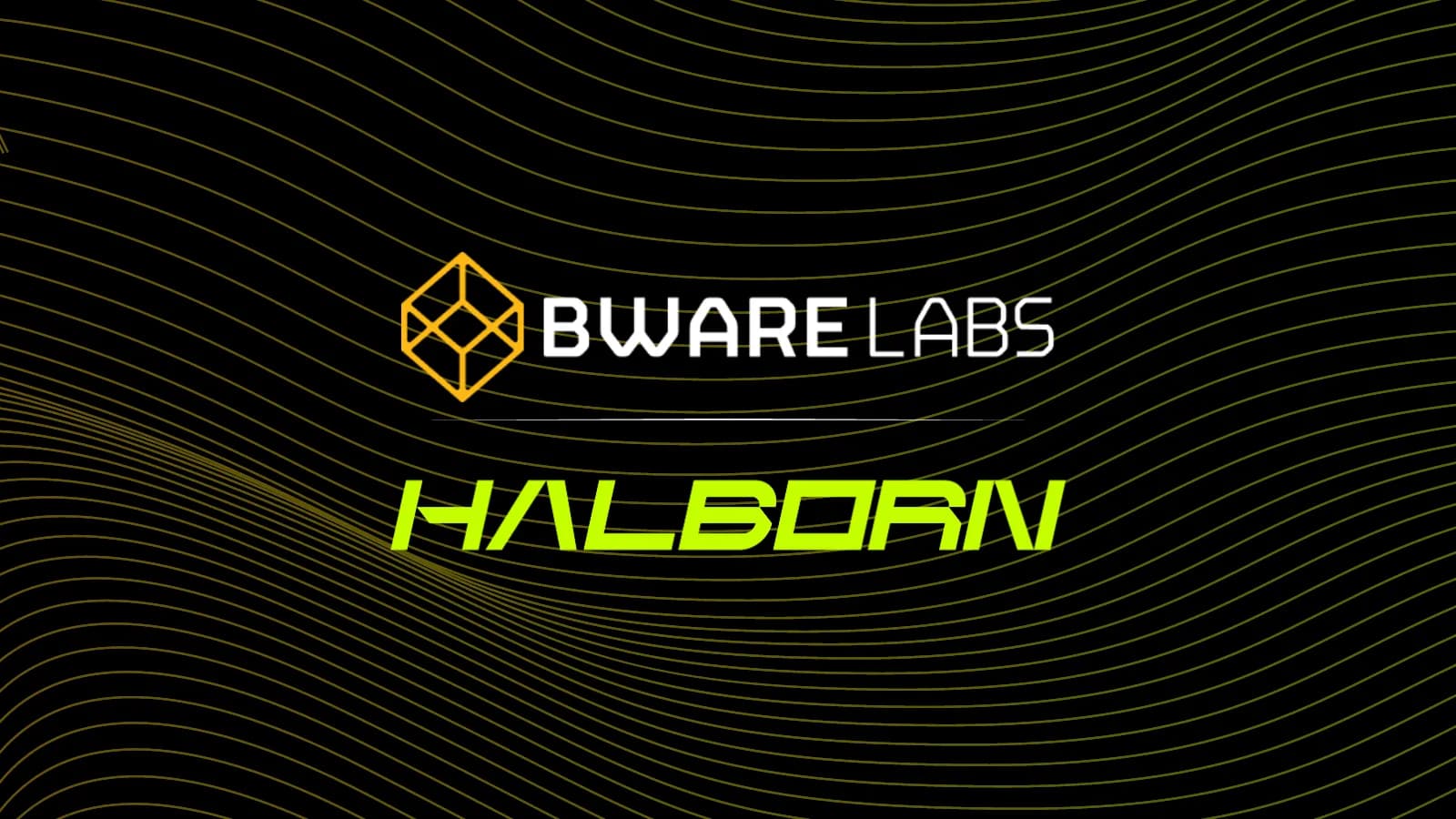
Halborn Audits Blast API’s Staking Protocol
Bware Labs Team
The Staking Protocol of Blast API is a key factor in the platform’s engine, representing the mechanism of incentivizing Node Providers with $INFRA rewards based on their nodes’ performances. With this in mind, and upholding our #BUIDLer-centric mentality, we’re pleased to announce that the Staking Protocol has successfully undergone a second Smart Contract Security Audit by Halborn.
About the Blast API Staking Protocol
Anyone can contribute to Blast API as a Node Operator with dedicated nodes and maintenance know-how for their chosen networks. The participants are guaranteed a fair and profitable incentive model based on the $INFRA token. In turn, Node Providers have to stake tokens in order to guarantee the platform’s quality and the best infrastructure services in the market. As a result, Blast is able to self-regulate and automatically maintain a high level of service by rewarding nodes that perform well and penalizing the ones causing any negative effects on the end users.
All Node Providers must have an associated active node registered on the Blast platform in order to create a Staking Pool and start earning rewards. A Staking Pool requires a minimum of 5000 $INFRA as a base stake. You can find a more detailed look into the Blast API Staking Protocol by checking the platform’s docs!
The Halborn Smart Contract Security Audit
This is our second successful collaboration alongside the incredible team at Halborn, as they also conducted an initial audit on our smart contracts back in February 2022. Halborn is a Web3 security company founded in 2019 with the goal of securing Web3 users using cutting-edge cybersecurity solutions. For the purpose of preventing assaults on the services and dApps that directly use their preferred protocol, Halborn employs award-winning ethical hackers and blockchain experts, having already collaborated with and for blockchain titans such as Avalanche, Polygon or Sushi.
Beginning on April 24th, 2023, and concluding on May 8th, 2023, Bware Labs commissioned Halborn to do a security audit on their smart contracts. The smart contracts that the Halborn team received were the sole focus of the security evaluation. A full-time security engineer with in-depth expertise of blockchain technology was assigned by Halborn to audit the smart contract over the provided engagement period of two weeks.
What Changes, What Stays
Most of the feedback resulted from the audit materialized in improvements of the smart contract’s logic. For starters, the gas cost of staking operations such as delegating or claiming rewards has been substantially reduced. This has been made possible through an aggregation of the data structures employed within the contract whose storage footprint decreased without trading off the user experience.
Moreover, the computation behind rewards calculation has been simplified, but still preserves the initial formula. Blast platform employs a delegated staking protocol in which Node Providers act as validators and accept delegations from Delegators into their associated staking pools. The individual rewards are calculated and distributed to the existing active pools per epoch (e.g. on a fixed time interval).
At the end of an epoch, the protocol computes for each operative pool how much of its stake earned rewards that epoch (the earning stake of the pool) using the formula:

with the enclosed variables being defined as follows:
z0 : saturation cap for the earning stake of a staking pool
‘ : total stake on the pool at the epoch (capped at z0)
s’ : pool owner’s stake at the epoch (capped at z0)
a0 : influence of pool owner’s stake over the earning stake
For a more in-depth look at the rewards calculation methodology of the Blast API Staking Protocol check out the freshly published Bware Labs Litepaper, available here.
Lastly, in terms of security, there’s beauty in simplicity. Having streamlined the code according to the feedback from the audit resulted in fewer branching scenarios. This way, the code itself becomes much more easily traceable, testable and, correspondingly, extendable.
What Comes Next
Bware Labs is committed to building an extensive ecosystem that supports Web3 builders throughout their entire blockchain journey because we envision a world in which all Web3 developers have access to dependable decentralized infrastructure and highly effective blockchain development tools. For this reason, the $INFRA token launch is a much-anticipated occasion for the Bware Labs community. The main product of Bware Labs, Blast API, will be made permissionless thanks to the $INFRA token. The engagement of community stakeholders will enable developers to construct decentralized apps and holders to stake tokens and run their own nodes or delegate them to other node providers, improving infrastructure performance.
Given the importance of this massive step towards decentralization, a thorough, industry-standard audit was not only compulsory but vital. Keeping in line with the idea of nurturing #BUDILers by offering a safe, fully secured, and permissionless development environment, we’re more than thrilled to have worked with the extremely professional team at Halborn. We are strong supporters of all the projects within the Web3 space that show proactive initiative to ensure that every user is safe while exploring the ever-growing capabilities of blockchain technology.
Read the full report here.
About Halborn
Halborn is an award-winning, elite cybersecurity company for emerging technologies. Security never ends. Halborn serves as a third-party partner to continuously assess an organization’s most vital assets, drive maximum value and provide world-class cybersecurity consulting and execution every step of the way — far beyond smart contracts.

